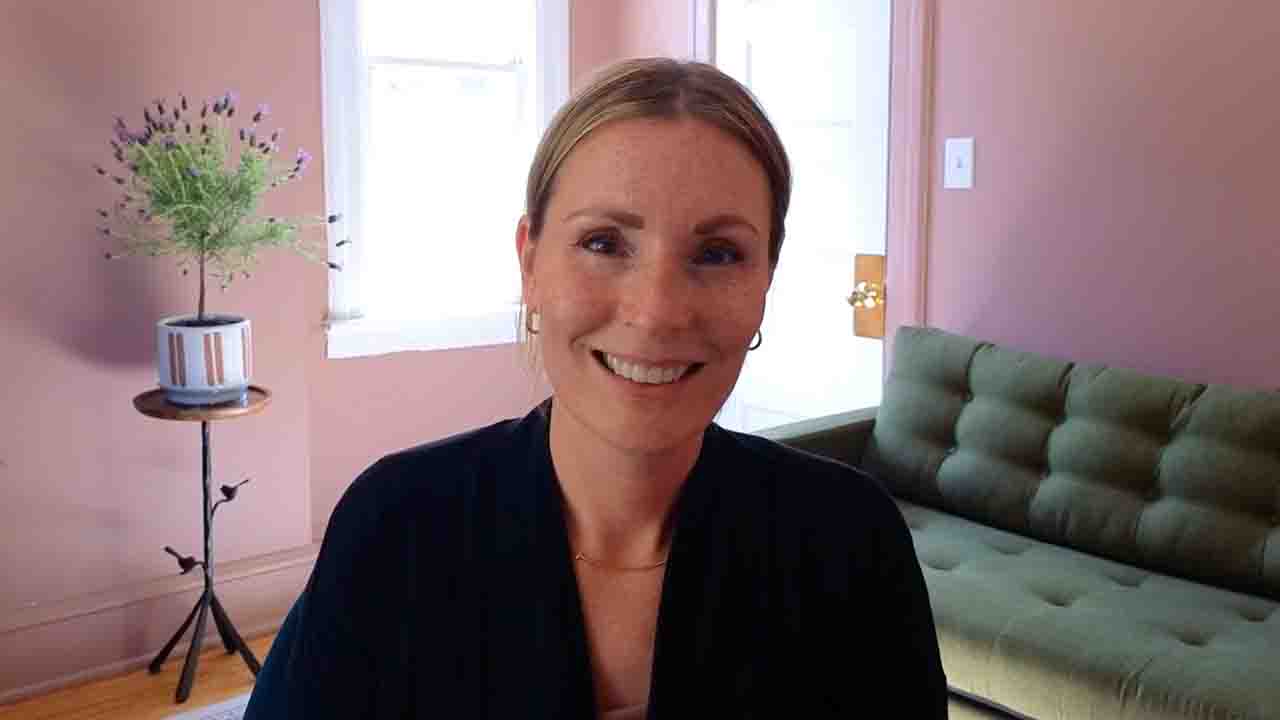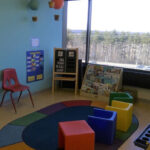By Sabrina Daneshvar, Ph.D., BCBA-D, senior vice president of clinical services at LEARN Behavioral
Recognizing Autism Symptoms: How to Spot Early Signs
Autism isn’t always easy to spot. It’s a complex neurological and developmental disorder. It often shows up in early childhood and affects how a person interacts with others, communicates, and learns.
Since symptoms of autism vary so widely from person to person, it can be challenging to diagnose.
Recognizing early signs can be vital to getting help. If you suspect your child may be on the autism spectrum, talk to your pediatrician. A medical professional can guide you on the next steps. This may include a complete diagnostic evaluation.
Understanding Autism
You may be familiar with people talking about autism existing on a “spectrum.” This means a person’s symptoms can vary in severity across many areas. For example, some people might have trouble with social interactions and communication. They might have difficulty understanding body language or maintaining a conversation. Others might have repetitive behaviors or be intensely focused on certain interests.
Simply put, autism doesn’t look the same for everyone. Everyone experiences it differently.
Early Signs of Autism
While every child is unique, there are common signs of autism to watch for. Here are some:
- Social Challenges: Your child may avoid eye contact. They might have yet to respond to their name. They may show little interest in people or toys.
- Communication Difficulties: Look for delayed speech. Or your child might repeat words without understanding them. They may not use gestures like pointing.
- Repetitive Behaviors: A child with autism may flap their hands. They might line up toys instead of playing with them. They could insist on routines and get upset with changes.
- Sensory Sensitivities: Your child may react unusually to sounds, lights, or textures. They could either be overly sensitive or not sensitive enough.
Watch for signs such as:
- Not smiling at others by six months
- Not using gestures to communicate by 12 months
- Not babbling by 12 months
- Not speaking single words by 16 months
- Not speaking two-word phrases by 24 months
- Not reacting to voices, sounds, or their name
Remember, these signs don’t confirm autism. But they suggest you should check with your health care provider.
What to Do If You Notice These Signs
If you think your child may be showing signs of autism, early intervention is critical. Children’s brains are most adaptable and responsive to learning during the first few years of life. Research shows that high-quality early intervention can significantly improve essential skill development. These include communication, social interactions, cognition, and self-care.
So, if you notice signs of autism, document your observations. Talk to your child’s doctor, and stay patient and positive.
Getting a diagnosis of autism is not an end. It’s a beginning. It opens the door to getting the services and support that can help your child thrive.
Accessing therapies early can lead to better long-term outcomes. It reduces the need for intensive support in the future. It can also help foster supportive environments for your child’s growth.
Early intervention can also teach you strategies for navigating the world of autism.
Interested in learning more about the early signs of autism? Visit our website for additional information and how we can help you get started on your child’s journey to success.







